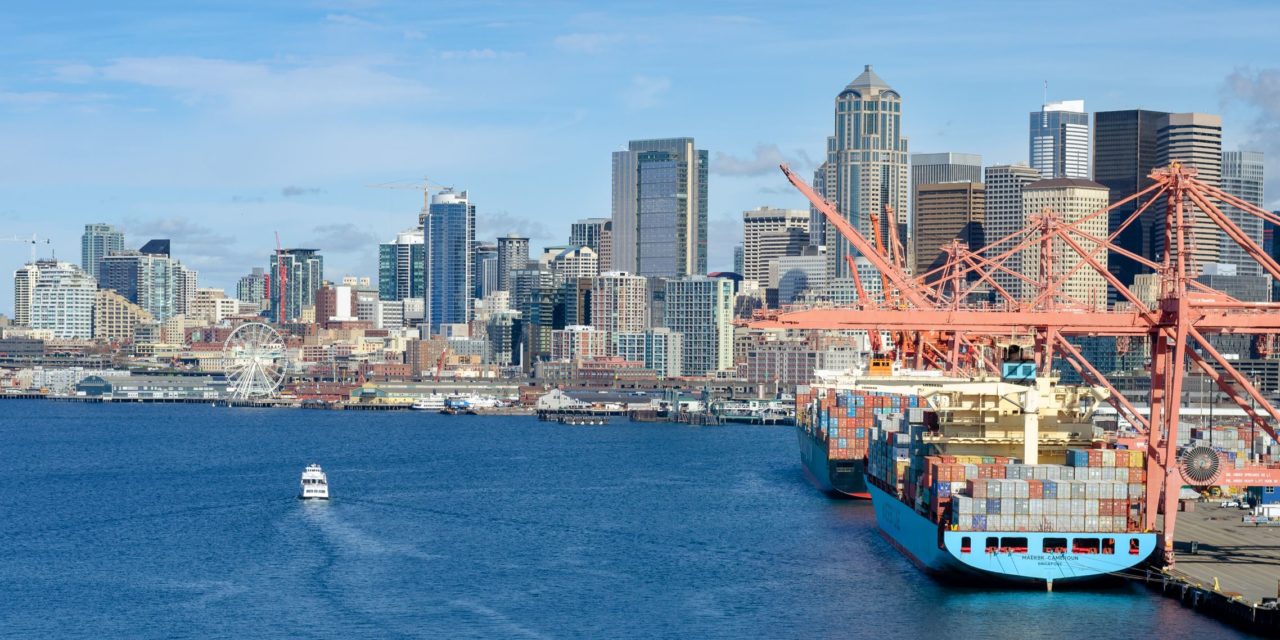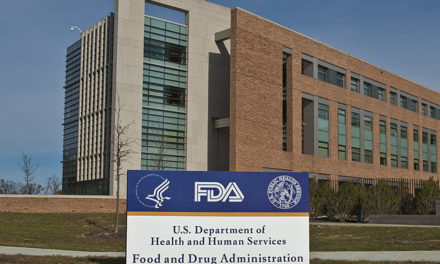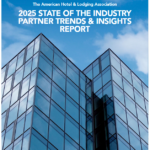A lot of the anxiety associated with the supply chain can be attributed to jammed ports and a shortage of truck drivers. Washington state is no exception when it comes to truck drivers, and our major ports certainly feel the effects of sluggish trans-Pacific trade. However, there is more that sets Washington apart from other states when it comes to disruptions in the supply chain. This is the first part of our look into the unique supply chain problems we face, and the actions leaders are taking to solve them.
Adapting to survive
Hospitality businesses on both sides of the Cascades know how to pivot. The last two years have been unpredictable at best, and successful operators have been forced to be flexible with their business models. Restaurateurs across the country are quickly adapting to both market conditions and consumer preferences by leaning into fast-casual and delivery-centric trends, but in Washington the need to do so is compounded by high prices for food sourced from other regions. In our last supply chain article, we mentioned the High Tide Lobster Bar, which had to close its doors after lobster prices skyrocketed. The team has pivoted and is planning to open a taco bar.
The shift toward a less elegant menu might sound familiar, but for many, the severity of the lobster shortage in Spokane is not. While restaurateurs in New England sound the alarm over lobster prices of $11.50 per pound, High Tide was paying wholesale prices of over $64 for the same amount. Still, many restaurant patrons are unaware of the dramatic price increases some localities are faced with and stories about nationwide shortages on consumer goods like toilet paper often take precedent.
In the U.S., 93% of lobster comes from Massachusetts and Maine, but the 3,000-mile trip isn’t the only contributor to high prices. Despite being farther away, the Puget Sound region benefits from a denser population than Spokane, and their ports export billions in goods to China where lobster has become increasingly popular. When there’s a limited supply, places like Spokane are a lower priority in a larger supply system. John Klein of Southern Glazer’s Wine & Spirits explained to us that in a supply crisis not all areas are created equal and markets like New York and Florida will feel less of an impact than markets like Seattle and Portland. Density is a big factor, so areas like Spokane typically fare even worse. Spokane could have the highest lobster prices in the country, but it’s hard to tell because coverage of an international supply chain crisis can drown out local stories until it’s too late.
Legislative action
Legislators looking to get trade moving again are faced with a complex challenge. Sen. Patty Murray announced a $60 million grant to help fund the East Marginal Way Corridor Improvement Project aiming to reduce freight traffic around the Port of Seattle, but it will do little to address larger issues like trucker shortages or disruptions caused by inclement weather. And while it doesn’t help a smaller community that’s been cut off by suppliers, the grant comes from a program Murray says she established in 2009 to fund “projects that reduce traffic, make goods and cargo flow freely, support local economies, and create jobs in Washington state.” She encouraged local governments and communities in Washington to apply for these funds and reach out to her office for assistance.
The number and nature of variables contributing to the supply chain crisis make it hard to pinpoint policy that can have a real impact, but that also underscores the weight your story can hold. We have talked with leaders in hospitality from every side of the supply chain and there is a theme to the advice they give. Communication is key. Whether it’s with a supplier, your community, your trade association or your government, the best way to start problem solving is to let others know there is a problem.
Part two of this story will include a list of proposals legislators are working on to free up supply chains in the Pacific Northwest. As mentioned above, the problems facing individual businesses are hard to find if you don’t know where to look, and hard to solve if you don’t know what they are. Help us get the message out, advocate on your behalf and work toward solutions for the hospitality industry in Washington.














